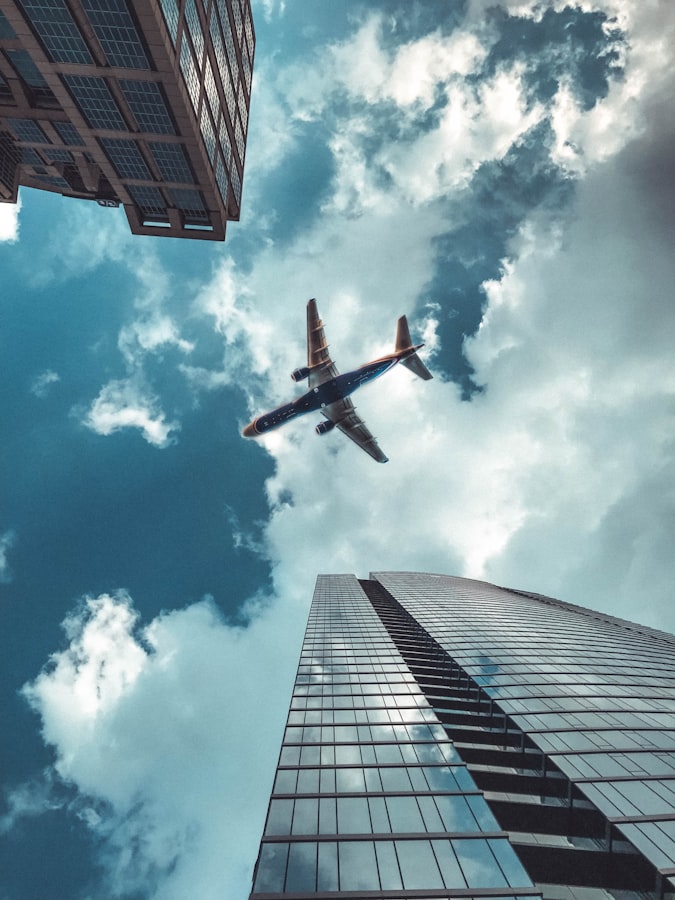This is an advertorial about the 2020 coronavirus travel ban.
Planning a vacation or business trip is fraught with potential risks. Even in everyday life, over 20% of travelers worry about their flights being delayed or canceled. That figure has probably risen to 100% with the current COVID-19 crisis causing travel bans to be slammed to slow the virus's spread.
We are currently at Level 4 global travel advisory, the State Department’s highest advisory. Citizens are not recommended to travel to any other country due to the global effects of the outbreak.
Stay informed. Here is experts advice for those planning to travel during the pandemic:
1. What countries are included in the US travel ban?
On the 14th of March 2020, Trump announced travel bans, including stopping travel to and from the UK and Ireland, and he may be considering restricting travel within the US itself.
But what if you’ve already bought your tickets and made plans? What can you do now?
2. Check with your operator
This sounds like a no-brainer, but the tour operators, airlines, and travel companies are all entirely up to speed with the COVID-19 situation – and probably a lot more informed than each traveler.
Each operator will have their policy and advice and should have released a statement advising customers of what to expect over the coming weeks.
If you haven’t had an email update from your airline or travel operator, contact them directly as soon as possible.
3. Should you cancel? And can you?
Most flight operators will allow you to cancel your tickets if you don’t do it just a few hours before you’re due to fly. Contact them as soon as possible. Bear in mind they will be inundated with calls, so get on the website of your airline or travel operator and find out what their policy is.
The COVID-19 situation will likely last for more than a few weeks, so the refund policy depends on when your flight was booked.
If you are due to fly in the next couple of months, it may be best to cancel the flight. Speak to your operator about their refund policy.
Some airlines, like Norwegian, have stated that they will refund some tickets if the booking is not past the 31st of May. Of course, these policies will change depending on how the situation develops.
4. I’m due to fly to the UK in April. Should I just wait?
Just waiting around to see what happens is a massive gamble. Remember that China’s first recorded case was in November, and they are not out of the woods yet. That’s four months of uncertainty, at the very least. You have to consider that President Trump said the travel ban could take until July or August. By then, everything is expected to get back to normal.
But for those waiting to fly out over the next couple of months, waiting could mean you lose the chance to get that all-important refund for your airline tickets. Experts say deciding whether to cancel should be based on the date and destination they are going to. Health experts say you should not travel if your trip is coming soon.
What’s good now is that many airlines and hotels have loosened their cancellation policies to give travelers more flexibility. If you are looking into canceling your tickets, wait until the last minute possible to make an informed decision.
5. Should I rebook and fly somewhere else?
If your trip was not business-related and you could simply go elsewhere to enjoy a nice vacation… don’t. Unnecessary travel during a pandemic is hazardous.
If you catch the virus, you’ll be fine. Effects range from barely symptomatic to a nasty flu-like illness that passes within a few weeks.
But anyone with a respiratory, heart, or immune system condition could die from the virus, especially if they’re elderly. Don’t risk passing it onto someone who could be vulnerable – they may not even realize they’re at risk until it’s too late.
Even if you feel fine, don’t forget that you could be asymptomatic but still contagious.
The best thing you can do at the moment is:
• Go on your airline’s website and check their policy regarding the current crisis
• Check the refund policy specifically associated with your type of ticket
• If you can get a refund, call and cancel as soon as possible to avoid missing out
• If you want to rebook, try and do it as late in the year as possible to avoid being in the same situation again
• If you have a hotel or other accommodation booked, call and check what their cancellation policy is and follow their advice accordingly
• Do the same for any follow-on transport arrangements like trains or buses
• If you had entertainment booked (theater trips etc.) consider waiving your refund request, as the live entertainment industry will be one of the hardest hit during this crisis.
"Reasonable minds can disagree about what travel restrictions are necessary to protect public health in a pandemic like this," said Doug Rand, co-founder of Boundless Immigration, an immigration information platform.
"Everyone would agree that some travel restrictions are necessary -- the question is: how long will they last, will they be geographically disparate for unstated discriminatory reasons, and how much of this is being done for legitimate public health purposes, versus a restrictionist heyday?"
Other than this, keep an eye on the government's official advice for any travel restrictions changes.
This is a guest post by Clay Morrison.






